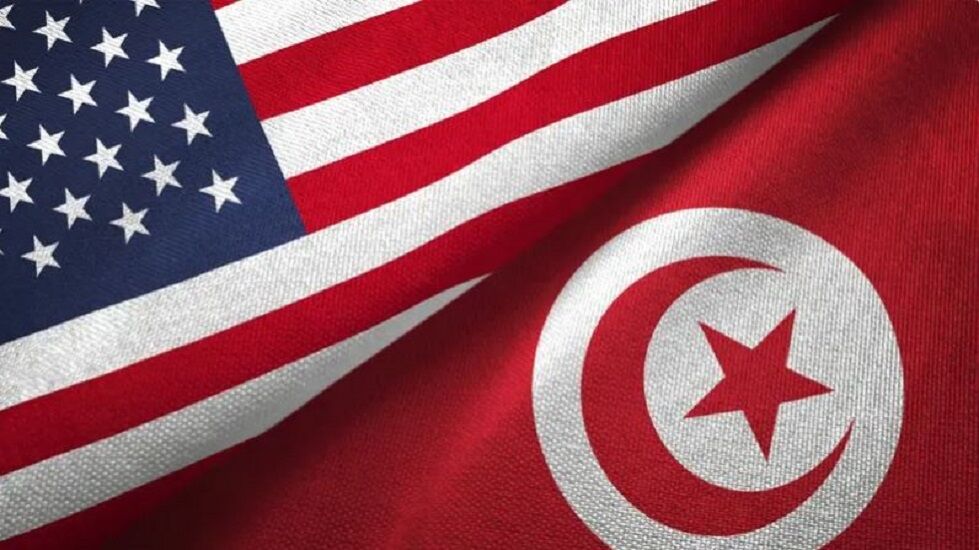The plan to “restore democracy in Tunisia”: What does America want from Kais Saied?
In an analytical article, Tunisian writer and analyst Saleh Attiyah examined the objectives of recent visits by American officials and delegations to Tunisia and the response of the government of President Kais Saied to the Americans’ demands in light of the current situation and circumstances.
Attiyah wrote in his article published on the Al Jazeera news network website: For nearly a week, Tunisia has been engaged in a heated debate over a bill in the US House of Representatives to “restore democracy in Tunisia.”
This bill was submitted to the House of Representatives by Republican Representative Joe Wilson and Democratic Representative J. Wilson Crowe and is awaiting referral to the Foreign Relations and Judiciary Committees for discussion and review. After approval, it will be presented to the general session and then referred to the Senate, after which it will be placed on President Donald Trump’s desk for signature.
The plan contains dangerous issues and argues that the government of Tunisian President Kais Saied is “an authoritarian government that violates human rights and commits unconstitutional acts.” It therefore calls for the restoration of Tunisian democracy and the holding of elections in accordance with the 2014 constitution that President Kais Saied abrogated and replaced with a constitution he himself drafted.
Attiyah went on to note that, according to France 24, if the plan is approved, Tunisia will be subject to sanctions for four years, including “strict measures.” These measures will essentially include strict penalties and precise punitive measures, including the following:
1- Cutting off aid to the military establishment and organizations involved in the “regression of democracy,” as the two representatives say, and in cases of human rights violations.
2- The freezing of Tunisian assets and funds in the United States.
3- Denial of visas to enter the United States to officials involved in the violations of rights or what the bill calls the “authoritarian path” since the July 2021 coup led by President Kais Saied with the support of state institutions and the so-called “hidden state”, including the army, security forces, and bureaucratic departments, etc..
Certainly, as experts and diplomats point out, such a decision could later spread to other countries, especially European countries, and push them towards the American path. This explains the danger of the American decision and its consequences for the future of bilateral relations, which recently celebrated its 228th anniversary (1797).

